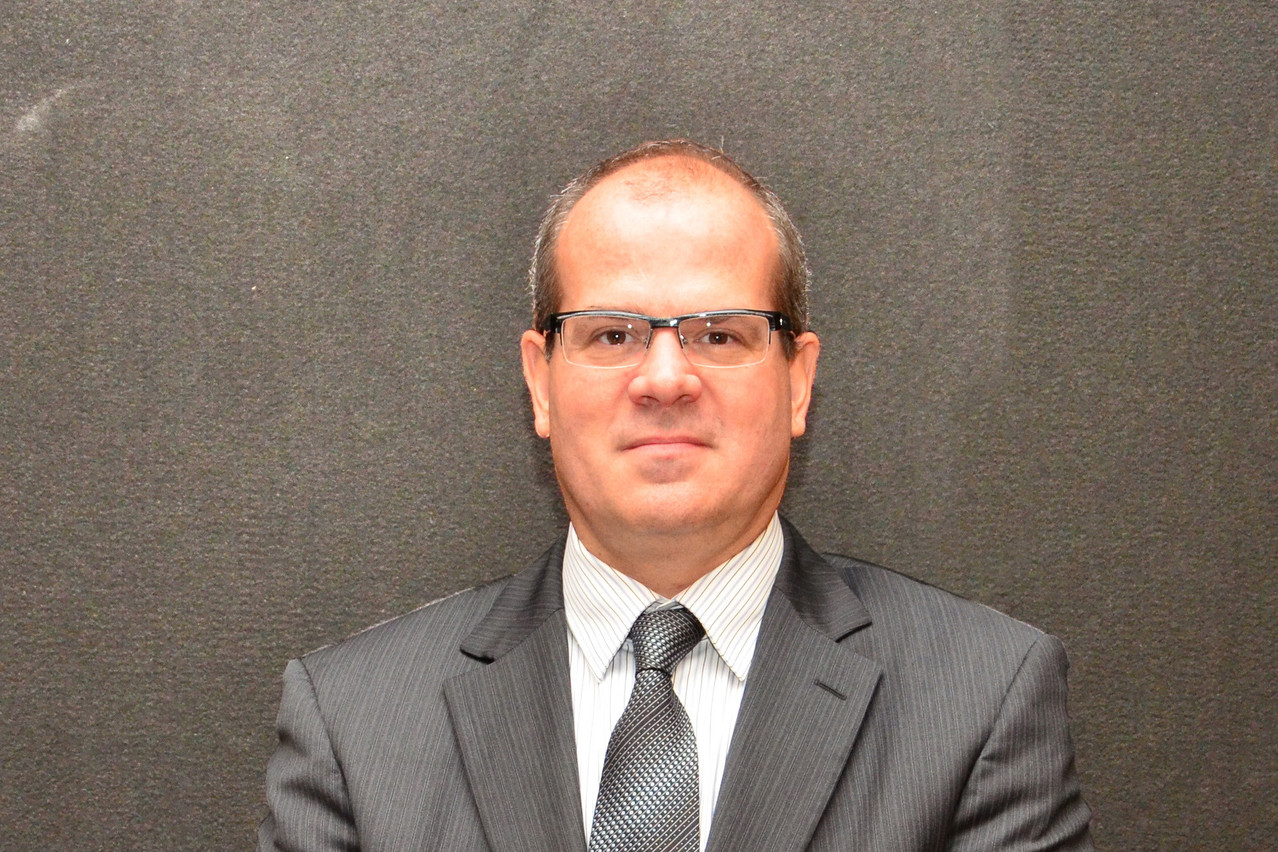Doherty has been CEO of the Brazilian Financial and Capital Markets Association (Anbima) since 2012. Anbima it has “more than 300 members, including banks, asset managers, brokers, securities dealers and investment advisers”. He told Delano that upcoming regulatory changes will align Brazil more closely with international standards, which could make Luxembourg Ucits funds more attractive.
Aaron Grunwald: What will you be speaking about during Luxembourg for Finance’s “Building bridges with Brazil” conference?
José Carlos H. Doherty: In my presentation, I will give an overview of the Brazilian investment fund industry. I will talk about the long-awaited change in regulation, which is expected to be published in the coming months. The new rules should foster a transformation in our industry, bringing it closer to other international markets, such as Luxembourg. We will have changes in the structure of the funds, and a better definition of the responsibilities of managers and administrators.
Another highlight of the new regulation is the possibility of greater exposure of funds to international assets. The Brazilian regulatory agency--CVM--has allowed funds aimed at retail investors to invest up to 100, through funds abroad, provided that they meet certain requirements. This change allows the exposure of retail investors to Ucits, for example.
How have the financial links between Brazil and Luxembourg evolved over the past 3 to 5 years?
We have a very good relationship with Luxembourg, and we are working to strengthen it even further. The more aligned we are to international practices, the fewer barriers and the easier the understanding for investors, resulting in greater opportunities. The new Brazilian regulation, forthcoming in the next few months, is even closer to what is done in Luxembourg, and this only reinforces the links between our two countries.
From your perspective, what are the greatest opportunities for Luxembourg and other European financial firms looking to operate in the Brazilian market, both in terms of seeking investors and looking to make investments?
As I mentioned, the new regulation will give more clarity to the responsibilities of fund managers and administrators. I have no doubt that this will open doors for new companies to operate in Brazil.
From an investor’s standpoint, Brazil offers many opportunities. A very small portion of the Brazilian population invests in funds. The numbers are growing, but there is still enormous potential to be explored.
Are there any other upcoming pieces of regulation that you would flag as particularly important?
The Brazilian fund industry has promoted intense debate in recent years on how to increase alignment with international practices. The result is the regulation slated for publication in the coming months. Anbima led these discussions with the market and recognises that the changes represent an unprecedented evolution for our industry.
I would also like to highlight a second topic that is also important in Brazil, but which is still within the scope of our self-regulation: advances in identifying sustainable funds. Both the regulator and financial institutions are working to give more transparency to funds that truly meet ESG principles.
Brazil is still in its infancy on the ESG journey when we compare it to European countries such as Luxembourg, which has the world’s first green stock exchange and is a benchmark and an inspiration. But the topic is growing and gaining greater engagement not only from players but from investors as well.
“” takes place on Wednesday 27 April, 3pm-5:30pm Luxembourg time, via livestream. Panels will be held in English or in Portuguese.
